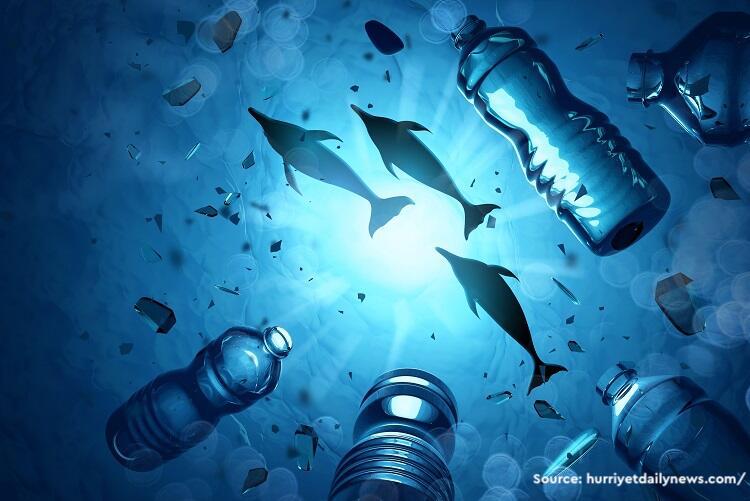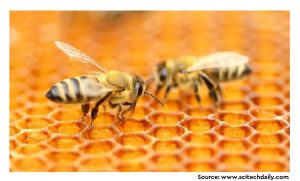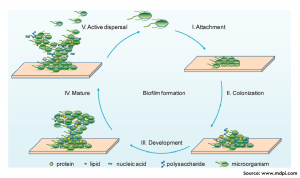The incidences of antibiotic resistance (ABR) are continuously increasing and imposing a burden on the global healthcare system. In order to minimize the rate of ABR, it is important to understand major factors contributing to its emergence and spread. An article published by Dr. Michael Bank (Institute of Marine Research, Bergen, Norway; University of Massachusetts, USA) and his colleagues from Korea University and International Atomic Energy Agency, Monaco stated that plastic pollution can facilitate the transmission of AMR and drug-resistant infections. The direct effects of plastic pollution on human, animal, and environmental health are widely studied. However, the indirect effects of plastic pollution such as the spread of ABR and ABR infections are hardly focused by the scientific community.
The article provided evidence to show that microplastic in the aquatic ecosystem support development of bacterial biofilms. Bacteria within biofilms may possess intrinsic antibiotic resistance genes or may acquire antibiotic-resistant genes from the biofilm environment established on the microplastic. The authors of the paper explained that these bacteria come from human and animal populations and transfer to nearby riverine or marine aquatic systems. The paper also highlighted research needs and lacunae to thoroughly understand the role of plastic pollution in accelerating the dissemination of the ABR. Based on the evidence, the authors of the paper suggested that scientists and policymakers should explore and consider the impact of microplastic pollution in the aquatic system on the emergence and spread of ABR.
To read more: LINK







